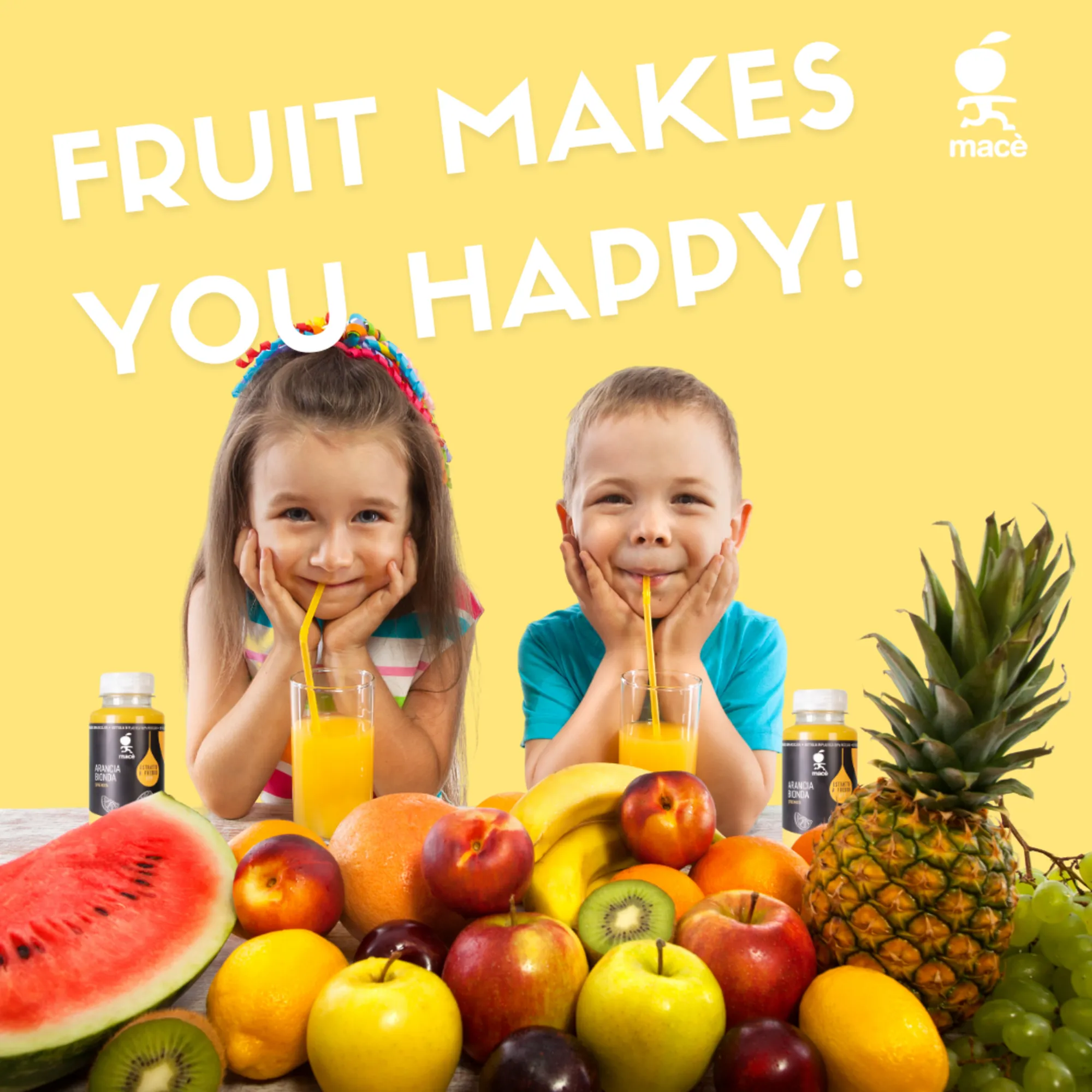According to a study by the University of Aston, published in the British Journal of Nutrition, there is a correlation between psychological well-being and eating habits.
In particular, the focus of the study is on the frequency and habit of eating two types of food: fruit vs high-calorie, nutrient-poor snacks (such as sweets and chips).
The results of the research showed that a more frequent consumption of fruit is associated with reduced symptoms of depression and greater psychological well-being. In contrast, a more frequent consumption of salty snacks is associated with increased symptoms of depression, stress, anxiety and reduced psychological well-being.
Other recent research suggests that the relationship between fruit and vegetable intake and psychological health is stronger for raw fruit and vegetables than for cooked or canned ones.
Furthermore, frequent intake of fruit in raw form (e.g. fruit snacks) is known to maximize the absorption of nutrients with antioxidant properties, thus having a more powerful influence on psychological health.
In conclusion, psychological health can be directly and indirectly influenced by specific nutrient-rich (fruit) and nutrient-poor (salty snacks) foods.
Dietary habits that lead to better psychological as well as physical health contribute to greater individual well-being.
To sum up? More raw fruit and nutrient-rich foods, means more all-round well-being!


According to a study by the University of Aston, published in the British Journal of Nutrition, there is a correlation between psychological well-being and eating habits.
In particular, the focus of the study is on the frequency and habit of eating two types of food: fruit vs high-calorie, nutrient-poor snacks (such as sweets and chips).
The results of the research showed that a more frequent consumption of fruit is associated with reduced symptoms of depression and greater psychological well-being. In contrast, a more frequent consumption of salty snacks is associated with increased symptoms of depression, stress, anxiety and reduced psychological well-being.
Other recent research suggests that the relationship between fruit and vegetable intake and psychological health is stronger for raw fruit and vegetables than for cooked or canned ones.
Furthermore, frequent intake of fruit in raw form (e.g. fruit snacks) is known to maximize the absorption of nutrients with antioxidant properties, thus having a more powerful influence on psychological health.
In conclusion, psychological health can be directly and indirectly influenced by specific nutrient-rich (fruit) and nutrient-poor (salty snacks) foods.
Dietary habits that lead to better psychological as well as physical health contribute to greater individual well-being.
To sum up? More raw fruit and nutrient-rich foods, means more all-round well-being!